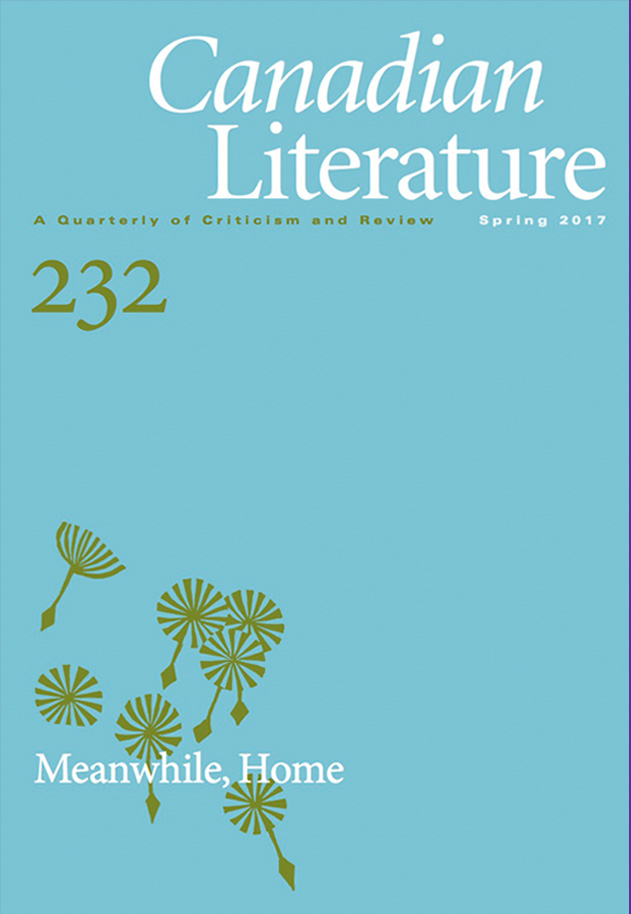Witness, Signature, and the Handmade in Rahat Kurd’s Cosmophilia
DOI:
https://doi.org/10.14288/cl.v0i232.188635Abstract
I argue that Rahat Kurd’s witness poetry examines the poet’s mark and proposes that this mark differs from the more easily recognizable signature. The poet’s mark is essential to witness as that aspect of the poem (a different aspect in every poem) that demonstrates the relationships among poem, poet, reader, and tradition. In Cosmophilia, Kurd writes about the traditions she inherits through her familial connections to Kashmir and Pakistan and through her Muslim identity. Her poems witness political conflict and violence alongside the beauty of cultural creations, including Persian script and Kashmiri embroidery. Cosmophilia means “love of ornament,” and Kurd’s collection suggests such loving looking is implicated in witness. I pursue this argument with Carolyn Forché’s defining comments on the genre of poetry of witness, Paul E. Losensky’s study of the ghazal, and Jonathan Culler’s and Peggy Kamuf’s engagements with the concept of the signature.


